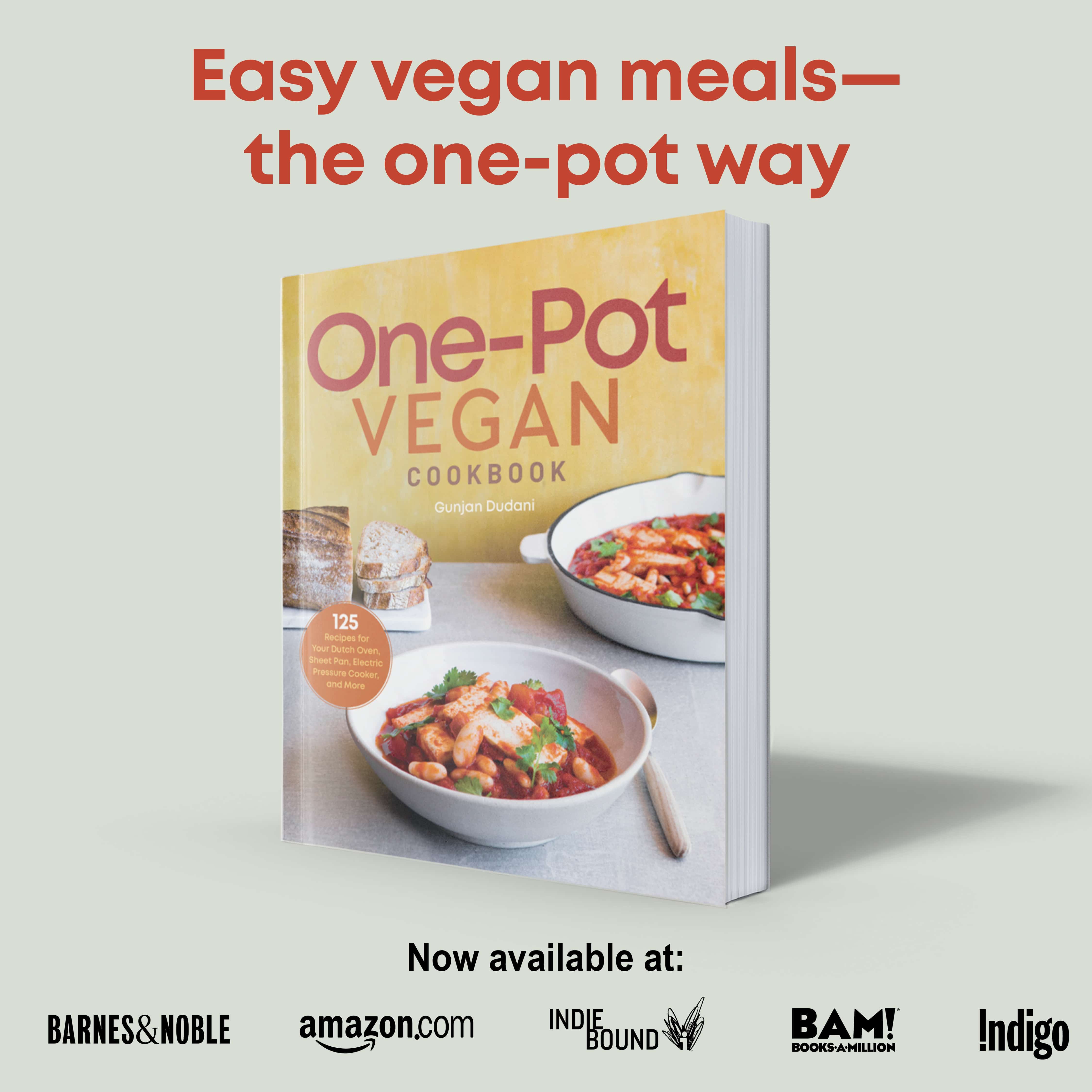We all know that emotional eating impacts our health in many ways. But the key point here is to delve into the reasons of it. Therefore, before discussing on how does it impact our health it is important to know its details.

What is Emotional Eating?
Everyday in our lives we go through several kinds of emotions one of which is to eat when in stress. Therefore, emotional eating is to indulge in comfort foods to soothe anger, stress, sorrow, loneliness. Those comfort foods are calorie dense, high in carbohydrates, very high in sugar and high in fat. Thereby leading you to weight gain. Emotional eating is a kind of eating disorder which should be addressed by professionals if goes out of hand.
What leads us to emotional eating?
It is true that stress related to relationships or work causes negative feelings. This in turn leads us to emotional eating. However, it is important for us to first dive deep into how our brains work in this situation. When we are under stress our brains release hormones, which flows through pathways and which in turn release cortisol (stress hormone). Cortisol wants our body to gear up for a challenge so it sends signal stating that our body needs carbs and fats. Therefore, we reach out to our preferred comfort foods. Then dopamine released via these comfort foods gives a short-term pleasure to our brains. But in reality, these foods provide lots of empty calories to our bodies which hinders our weight loss goals in the long term.
It is important to take in charge of our food cravings during stress and recognize the reasons of our hunger.
The short term indulgent on that high calorie food is not so harmful at the moment but if we continue to give in constantly, we end up ruining our weight loss plans. Therefore, instead of losing weight and feeling energetic we tend to become sluggish and this eventually leads to weight gain.
It is also very important to realize the difference between emotional eating and true hunger.
- Always eat with your mind.
- Do not indulge in your taste or cravings.
- If it’s a sudden surge of cravings then its an emotional hunger and not a true hunger because true hunger will come gradually and when it is the right time for you to consume food.
- Often times when you are stressed you would crave for certain specific foods unlike true/physical hunger.
Often times stress causes over eating. It is true that stress causes lose of appetite in the short term but if the stress in for prolonged period of time it releases cortisol.
The relation between stress eating, hormones and hunger
Stress seems to affect the preference of foods. It is often seen that we crave for high calories and high sugar food items. Apparently, these help to soothe our stress. This is due to the combination of high cortisol and high levels of insulin.
Emotional eating is like a cycle
If you reward yourself with food for any achievement or celebrate some occasion with food is acceptable. But food should not be the primary emotion coping mechanism. The cycle goes like this that you are upset, then you get an urge to eat comfort food, as a result you end up eating more than required and at the end your feel guilty about your intake. However, in all these the emotions that triggered your hunger or the stress is still there. Therefore, emotional eating is not the solution to relieve stress. It ends up leading to weight gain and obesity which in turn causes more frustrations.
How to stop emotional eating?
The best way to stop emotional eating is to first find the causes that triggers stress eating. It may be any place, situation, relation, person and so on. Once you identify it you may want to talk to yourself about it on how to deal with it. You may either face it or avoid the entire situation altogether depending on what works for you.
- Eat with you mind
- Develop a positive attitude towards life
- Start meditation
- Exercise everyday even if you have very busy schedule.
- Stuff your pantry with health foods so that in whatever mood you are in you tend to pick up the healthy option.
- Make a food diary.
- Whenever you get the hunger pangs try and distract your brains.
- Learn to accept your feeling. Stress is part of our lives so instead of fighting with it and indulging in self sympathy we should learn to accept and go by the flow.
How to savor food and avoid indulging in overeating?
If you stress eat, you would indulge in food mindlessly and without any thoughts. You may not be paying any attention to your food and you may also not realize that you are full but continue to eat because you think that’s soothing. In contrast, if you slow down and take a step back, look at your food before you start you may enjoy it more. If you pay attention to your food you may notice its aroma, texture, presentation and so on. If you eat slowly and keep your cutlery on the plate to take brakes while eating you may realize when exactly you are full.
When you indulge in stress eating the satiation point is quite high which also increases your set point. However, when you eat with your mind your satiation and set point would be within limits.
Stress is a part of life and we all go through it in our lives. It is important to identify the causes of stress and accept the external forces causing it.
How did I overcome emotional eating?
I have been indulging in emotional eating and still do sometimes. It is not miracle that you will overcome it suddenly overnight. It is a process of understanding yourself. Firstly, I understood myself and found the triggers. Then, I decided to include exercises in my routine inspite of a very busy schedule. I found ways to divert my mind from food because I learnt to understand the causes and variations of my hunger pangs. It is not very easy to take out time in todays hectic lifestyle, or to understand yourself or to spend time taking to yourself. But it is important to spend time with your own self for your own betterment.

Leave a Reply